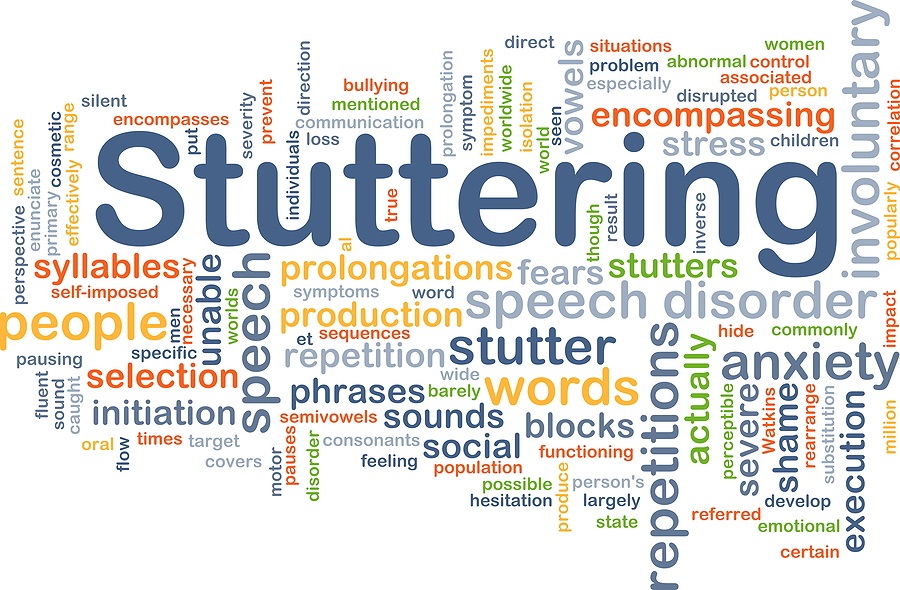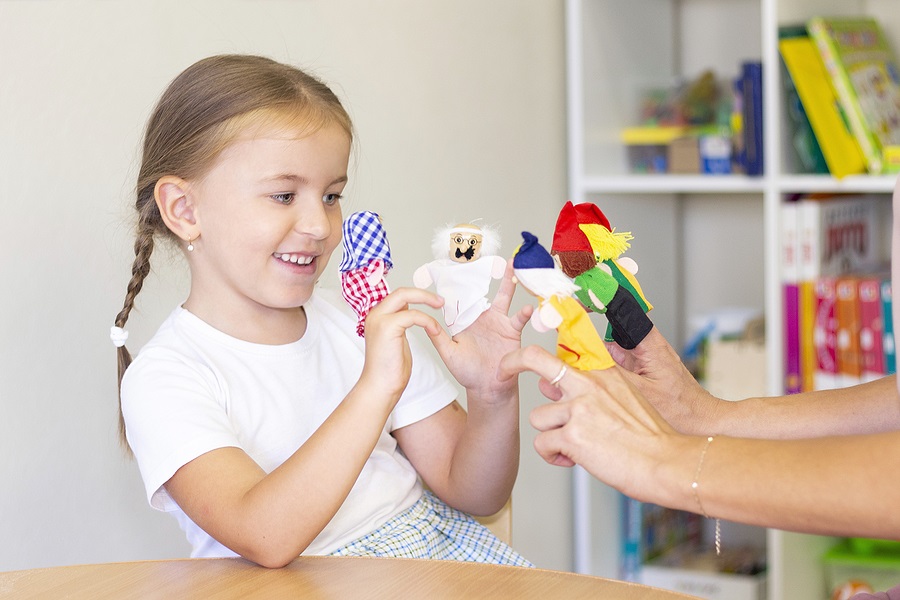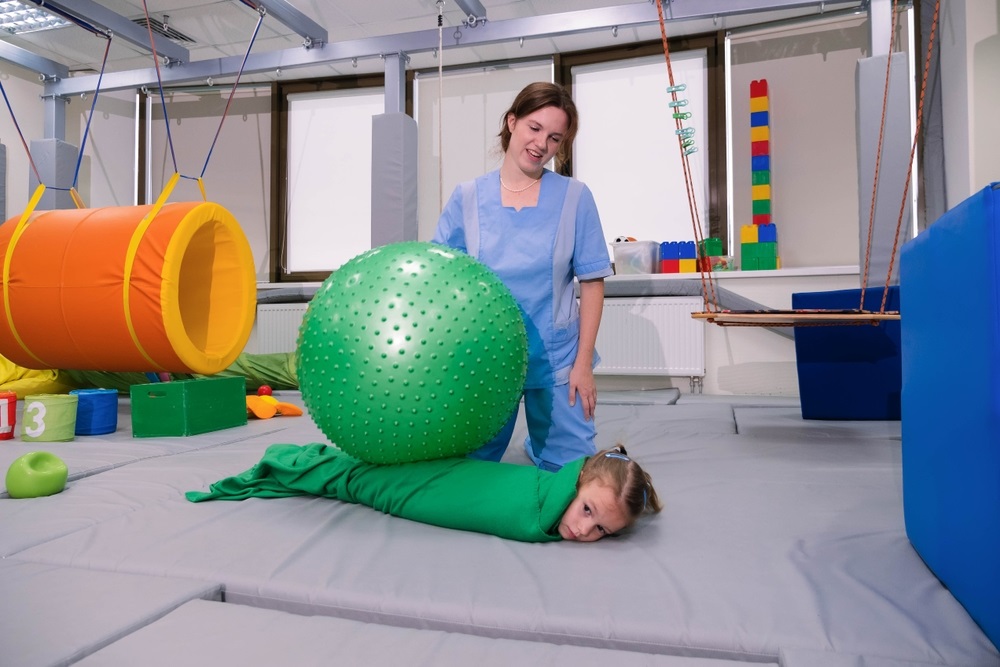Speech Disorders That We Evaluate And Treat
Some speech disorders begin in childhood and improve with age, while others continue into adulthood and require long-term therapy and maintenance.

Characterized as a developmental disorder caused by differences in the brain. Some people with ASD have a known genetic condition. Other causes are unknown at this time. People with ASD may have problems with social communication, or the use of language and interactions, and restricted or repetitive behaviors or interests. Children with ASD may have difficulties developing and maintaining friendships, communicating with peers and adults, and understanding what behaviors are expected and unexpected. We use evidence based social learning theories and curriculum to support our clients who have ASD.

characterized by deficits in the child’s production of speech sounds which significantly interferes with communication and attracts adverse attention.

characterized by persistent deficits in voice quality, pitch, intensity, or resonance. A medical examination shall be conducted, where appropriate.

characterized by persistent deficits in the flow of verbal expression to such a degree that these difficulties adversely affect communication between the speaker and the listener.

characterized by inappropriate or inadequate acquisition, comprehension, or expression of language in such that the child’s language performance is found to be below the language performance level of his or her peers.

which contributes to or results in a language or speech disorder and significantly affects communication.

Characterized as difficulty swallowing which may require a modified barium swallow study to be competed. Dysphasia is used to describe a variety of swallowing disorders. Not all swallowing problems are dysphagia. It is normal to have occasional difficulty swallowing certain foods or liquids, such as when taking large bites of food. However, ongoing difficulty swallowing that includes choking and/or signs of aspiration may be a cause for concern.
We are Proud to Now Provide Occupational Therapy
Discover the amazing world of occupational therapy, where we help people of all ages live their best lives. From improving fine motor skills to enhancing cognitive abilities, we're here to empower individuals to thrive in their daily activities. Explore our resources and learn how occupational therapy can make a big difference in your life!

For fine motor skills, Occupational therapists help individuals with tasks like writing, using utensils, buttoning clothes, and tying shoelaces. They might use activities like cutting, drawing, and playing with small objects to improve dexterity and hand-eye coordination.

When it comes to gross motor skills, occupational therapists focus on activities that involve larger muscle groups, like walking, running, jumping, and balancing. They might use exercises, games, and sports to improve strength, coordination, and overall physical abilities.

Sensory integration is another important aspect of occupational therapy. It involves helping individuals process and respond to sensory information, such as touch, sound, and movement. Occupational therapists use various techniques to help individuals regulate their sensory experiences and participate more fully in daily activities. We have a beautiful sensory gym in the clinic!
How successful is Speech Therapy?
The success rate of speech therapy varies between the disorder being treated and age groups. When you start speech therapy can also have an impact on the outcome.
Speech therapy for young children has been proven to be most successful when started early and practiced at home with the involvement of a parent or caregiver. Early intervention is the key to future success.
WHAT ARE THE NEXT STEPS?
1- Call today for a complementary consult
2- Schedule evaluation
3- Develop individual goals
4- Begin therapy
